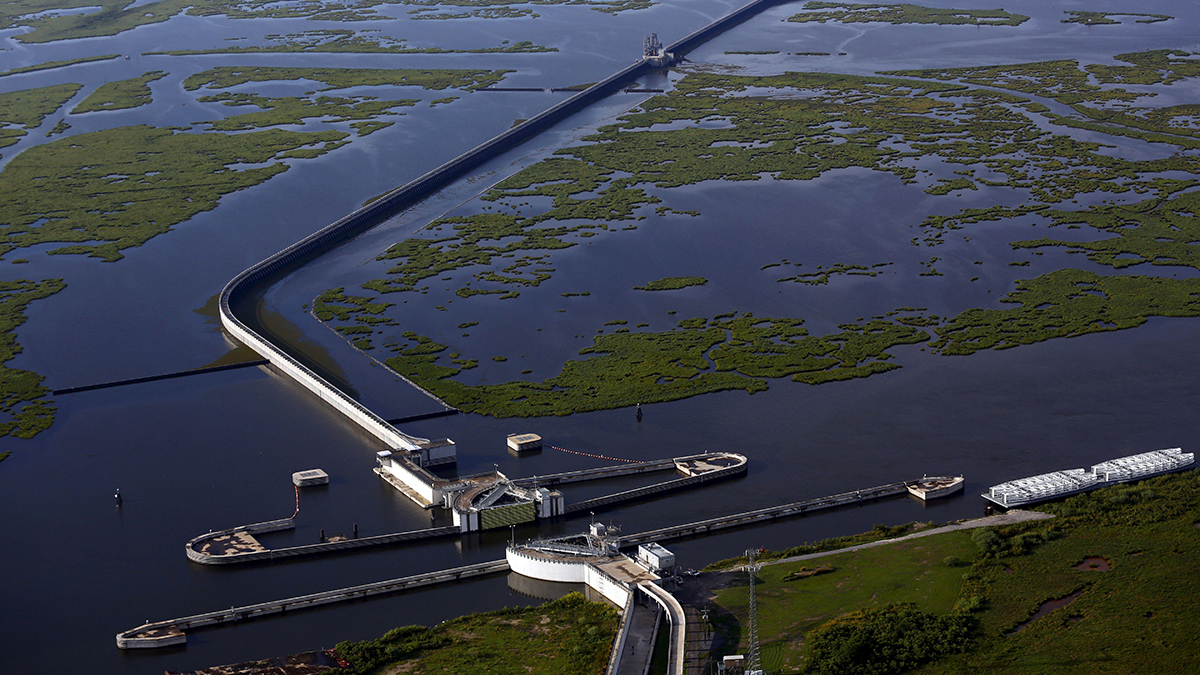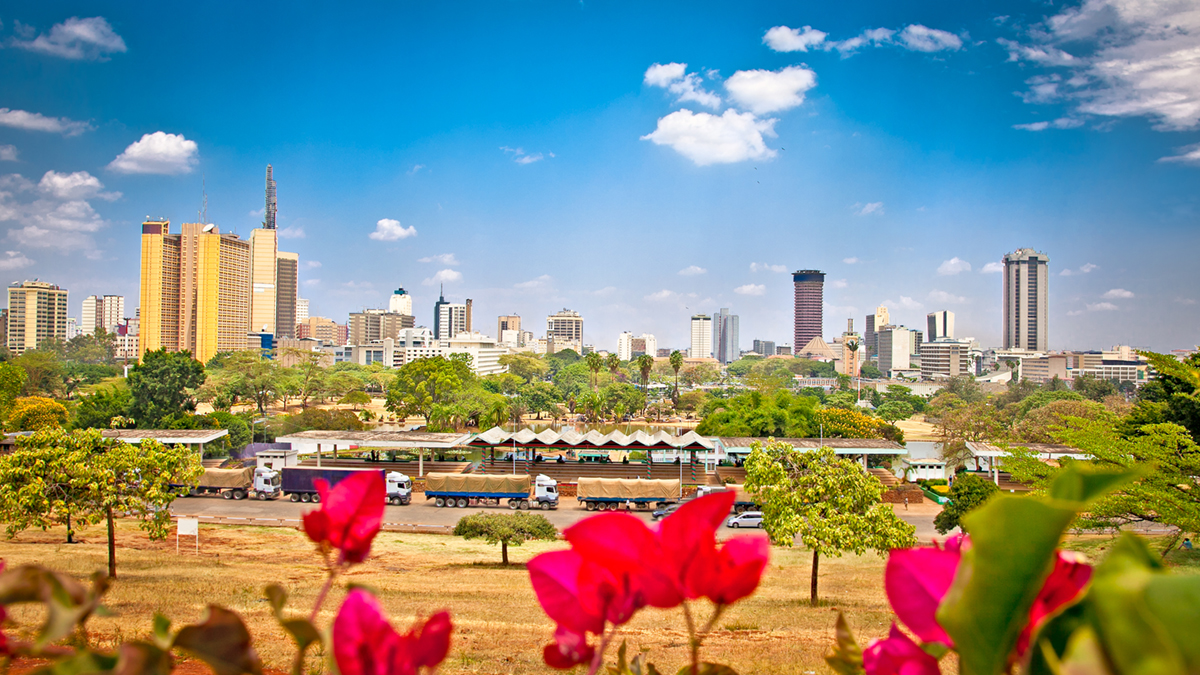A hard market brings responsibility
Buyers bemoaning the new hard market should spare a thought for those who need capacity most
African Risk Capacity ‘has not been spared’ hardening catastrophe reinsurance pricing
Much has been written about the 1/1 reinsurance renewal, where pricing hikes were not the only risk facing buyers. Insurers also faced an uphill struggle to find sufficient capacity to protect their underwriting books, as reinsurers reduced or withdrew their risk appetite, despite the premium on offer.
Add to this the fact there are higher returns to be made in the fixed income market owing to increased interest rates and reinsurance is no longer so attractive to investors.
The strain of this hard market is heaviest, however, on those who seek to protect the world’s poor.
African Risk Capacity (ARC) creates parametric insurance solutions for natural disasters. ARC’s mission is to use modern finance mechanisms, such as risk pooling and risk transfer, to create pan-African climate response systems that enable African countries to meet the needs of people vulnerable to natural disasters.
“ARC originates unique African climate risks for placement in the global reinsurance markets. The risks we originate and underwrite are in excess of our capacity to retain, and therefore we depend on the global market for reinsurance capacity,” ARC’s chief executive, Lesley Ndlovu, says.
 Lesley Ndlovu, chief executive, African Risk Capacity
Lesley Ndlovu, chief executive, African Risk Capacity
“We have not been spared from the hardening catastrophe reinsurance pricing, which has seen increases of 20% to 30% compared with last year. We simply cannot pass a price increase of this magnitude to our clients who are already struggling to afford insurance premiums,” he adds.
Attracting investors
ARC is managing the hardening cycle by increasing its risk retention and looking to tap into the insurance-linked securities market. Its underwriting risks are uncorrelated to financial market risks and should be attractive to investors.
Furthermore, ARC is the top-ranked insurance company for environmental, social and governance as rated by Sustainalytics and Ndlovu believes this will attract “impact-oriented” investors, which have a lower cost of capital.
“The re/insurance industry has successfully positioned itself as a major player in climate change mitigation and repeatedly made commitments to close the protection gap. However, this aspiration is not reflected in the reinsurance pricing charged to risk pools, which are key to protecting vulnerable communities all over the world,” Ndlovu says.
He continues: “The industry should not be aiming to generate sky-high returns on equity when providing reinsurance capacity to the risk pools – this should be part of the industry’s contribution to tackling the major challenges facing humanity.”
ARC comprises ARC Agency, a specialised agency of the African Union, which was founded in 2012, and ARC Insurance Company Ltd, a hybrid mutual insurer and the commercial affiliate of the group, which was founded in 2014.
ARC’s objective is to protect vulnerable communities in Africa by using parametric insurance, which pays claims very quickly and thereby makes financing available to rapidly launch relief operations.
Increased coverage
Historically, ARC provided insurance coverage against drought, starting with the first risk pool underwritten in 2014. In the past few years, in response to increasing losses from other perils, ARC has worked with African countries to cover additional perils and provide more comprehensive coverage.
In 2020, ARC launched coverage for tropical cyclone for the south-west Indian Ocean, with Madagascar as the first client. The coverage was expanded to Mozambique in 2022 as part of the World Bank’s Global Risk Financing Facility.
In 2022, ARC launched Africa’s first outbreaks and epidemics cover, in Senegal, covering the risk of an outbreak of Ebola and meningitis.
This new epidemics product has garnered a lot of interest, Ndlovu says, following recent Ebola outbreaks in the Democratic Republic of Congo and Uganda.
In 2023, ARC is aiming to launch its flood insurance product with three pilot countries: Malawi, Mozambique and Madagascar. This product will be scaled across Africa, building on the lessons learned in these pilot countries.
“The industry should not be aiming to generate sky-high returns on equity when providing reinsurance capacity to the risk pools – this should be part of the industry’s contribution to tackling the major challenges facing humanity”
Lesley Ndlovu
African Risk Capacity
On the margins of the 13th Session of the ARC Conference of the Parties (Cop13), the ARC Group hosted a panel discussion under the theme, “ARC@10: Lessons learned and perspectives”, following its anniversary in November 2022.
Given the escalating climate crisis and its impact on the continent, it was seen as fitting that ARC and its stakeholders reviewed its first decade of existence and took stock of the role the organisation has played in disaster risk financing.
Cop27 had recognised insurance as a critical tool for adaptation and in managing loss and damage from climate disasters and Ndlovu highlights the important role of parametric insurance in strengthening the African continent’s response.
Through their participation in ARC risk pools, Malawi, Madagascar and Mauritania, for example, learned how to define policy frameworks for a transformative approach to disaster management. ARC assisted these countries in preparedness planning, which has helped improve co-ordination between governments and their partners.
ARC aims to work in collaboration with other global finance initiatives, Ndlovu says, such as the Global Climate Fund and Global Environment Fund, to support its work.





